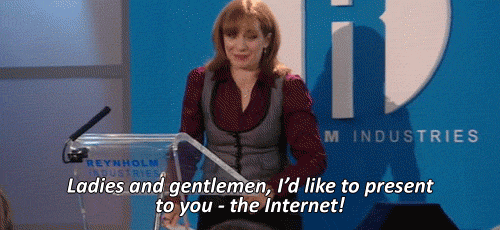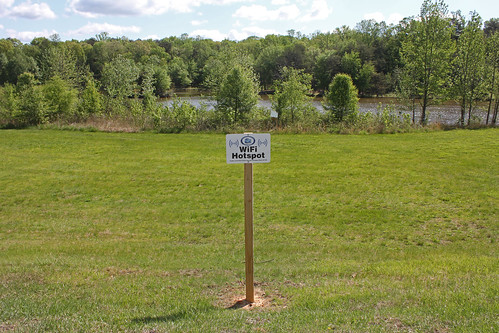The Internet, Where Languages Go to Die?, Ross Perlin, Al Jazeera America, March 18, 2014
We’re used to the triumphalist universalism of the digital utopians: Google organizes the world’s information. Facebook connects everyone. Twitter tells you what’s happening. Wikipedia is the encyclopedia that anyone can edit. It’s all true — for a mere 5 percent of the world’s languages.
What few acknowledge is that the online world — when compared with offline, analog diversity — is very nearly a monoculture, an echo chamber where the planet’s few dominant cultures talk among themselves. English, Chinese, Spanish, Arabic and just a handful of other languages dominate digital communication. Thanks to their sheer size and to the powerful official and commercial forces behind them, the populations that speak and write these languages can plug in, develop the necessary tools and assume that their languages will follow them into an ever-expanding range of virtual realms.
Copyright Alliance Attacks ChillingEffects.org As ‘Repugnant,’ Wants DMCA System With No Public Accountability, TechDirt, March 17, 2014
Sandra Aistars of the Copyright Alliance issued a statement during the recent DMCA-related hearing in front of the House Judiciary Committee. As was noted earlier, a bunch of effort was made to turn the “notice and takedown” system into a “notice and stay down” system, and weirdly, the word “free” was thrown about as if it was synonymous with “infringement.”
Her statement details the shortcomings of the DMCA system from the expected position, citing the personal travails of creators like Kathy Wolfe, who for some reason has chosen to spend half her profits battling infringement. In general, it painted a bleak picture for future creativity, claiming that unless infringement is massively curbed, creators will stop creating. (There seems to be no place in this argument about the lowered barriers to entry, and the swell of creation that has enabled.)
But where her statement really goes off the rails (even for the Copyright Alliance) is with the attack on the popular copyright notice clearinghouse, Chilling Effects.
We Shouldn’t Arrest One More Person for Having Marijuana, Dice Raw, Blog of Rights, March 18, 2014
When you look at marijuana arrest data in the U.S., you’ll be floored to know that every 37 seconds, someone gets handcuffed and booked for weed-related crime, and Black people are 3.73 times more likely to be the ones arrested (communities of color have felt this to be true for a long time, and now we have the stats to back us up).
That doesn’t reflect the true voice of the people. In fact, 9 out of 10 adults in the U.S. don’t think a person should face jail time for a small amount weed. In 2010 alone, states spent $3.61 billion enforcing marijuana possession laws, yet many cities also experienced mass school closings that threaten to hinder the progress of our youth.



!["Internet map 1024" by The Opte Project [CC-BY-2.5 (http://creativecommons.org/licenses/by/2.5)], via Wikimedia Commons 768px-Internet_map_1024](http://crypticphilosopher.com/wp-content/uploads/2012/07/768px-Internet_map_1024.jpg)

!['Virus rezon' by DROUET (Own work) [GFDL (www.gnu.org/copyleft/fdl.html) or CC-BY-SA-3.0-2.5-2.0-1.0 (www.creativecommons.org/licenses/by-sa/3.0)], via Wikimedia Commons 463px-Virus_rezon](http://crypticphilosopher.com/wp-content/uploads/2012/07/463px-Virus_rezon-289x300.gif)
!['Pinterest User Pie Chart' [Fair use], via G4 'Pinterest User Pie Chart' [Fair use], via G4](http://cache.g4tv.com/ImageDb3/291165_S/pinterest-user-pie-chart.jpg)
